WRAP UP & KEY TAKEAWAYS
Look Back Report out now!
A word from the Presidents
In April 2024, global health leaders gathered at the Melbourne Convention and Exhibition Centre for the 2024 World Health Summit Regional Meeting, proudly hosted by Monash University. Held under the banner of “Shape the future of health care across Asia and the Pacific”, WHSMelbourne2024 marked the first of its kind for the region.
The Regional Meeting set a new record for attendance, attracting over 1200 participants from more than 30 countries. Delegates from across the Asia-Pacific and beyond came together to advance our region’s most pressing health agendas, exchange insights on challenges, foster partnerships, and collectively chart a path for progress.
The three-day programme of events committed to amplifying diverse voices, featuring over 200 speakers who delivered 40+ sessions focused on advancing solutions and system change across the meeting’s three focal themes of: Thriving Communities, Climate and Health, and Geopolitics and Health.
The 2024 World Health Summit Regional Meeting was focused on addressing health issues unique or critical to our region. Prominent among these were Indigenous health, women’s health, and the far-reaching impacts of climate change and political instability on health. Discussions consistently highlighted the essential role of trust and community-led approaches, as well as the pivotal role of research and policy working in partnership to generate evidence to improve models of care, translation and impact.
The 2024 World Health Summit Regional Meeting was more than just a forum, it was a call to action, particularly on health equity. As was highlighted throughout the meeting, if we get it right for those most disadvantaged by the system, we inevitably get it right for everyone.
Monash University was proud to convene this meeting in the Asia Pacific region and we are deeply grateful to all the participants, speakers and organisers whose dedication and hard work made this meeting such a success.
We would like to express our sincere gratitude to our Major Event Partner, VicHealth; our Strategic Partners, the Australian Global Health Alliance, the Council of Academic Public Health Institutions Australasia (CAPHIA) and the Lowitja Institute; as well as our fellow health and academic institutions who joined us as Program Partners, for their invaluable contributions to WHSMelbourne2024. Please take a moment to read through the full list of meeting partners who joined with Monash to help us deliver the event.
As the World Health Summit 2024 International Co-Presidents, it is our distinct honour to present this look back report, highlighting the key discussions and calls to action that characterised the 2024 World Health Summit Regional Meeting.
Together, we identified many opportunities for strengthening collaboration in our region. Let this report serve not only as a record of the events of this historic meeting, but as an ongoing reminder of the passion and deep commitment that we share in striving for a healthier, more equitable future across the Asia Pacific.
Prof Christina Mitchell AO
Executive Dean, Medicine, Nursing & Health Sciences,
Monash University
Prof Sophia Zoungas
Head, Public Health & Preventive Medicine,
Monash University
A clear call to put equity front and centre in the Asia Pacific
Session summaries compiled by guest rapporteurs, together with feedback surveys from 230+ participants, revealed the common thread of equity woven through almost every session in Melbourne.
Eight key takeaways for action on health equity in the region were identified.
“If we design a global health system that can tackle the diversity and address the needs of such a varied region, we have probably set it right to be equitable for all.”
8 KEY TAKEAWAYS FOR ACTION
Focus collective commitments to:
1.
Advance Indigenous peoples’ rights & wellbeing
2.
Prioritise women’s health as a cornerstone of gender equity
3.
Build resilience to the health impacts of climate change
4.
Recenter human rights & lived experience in health practice
Strengthen systems-based approaches for:




